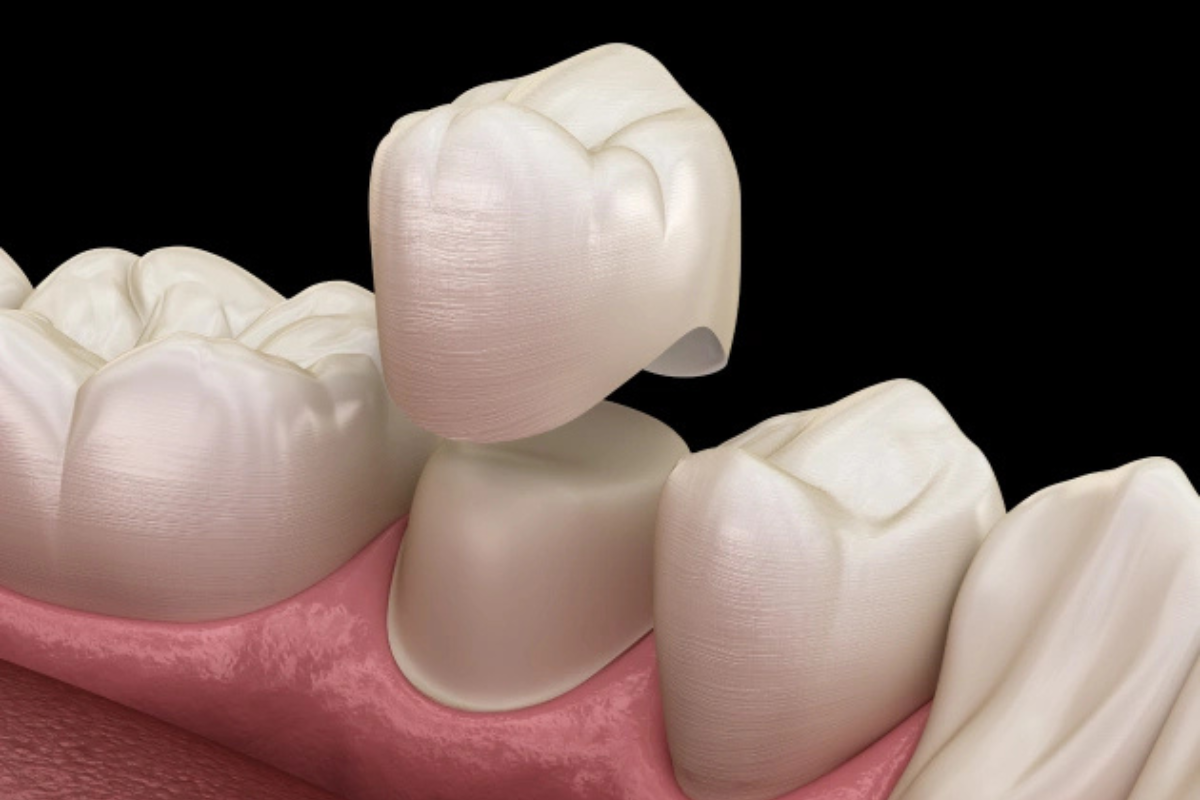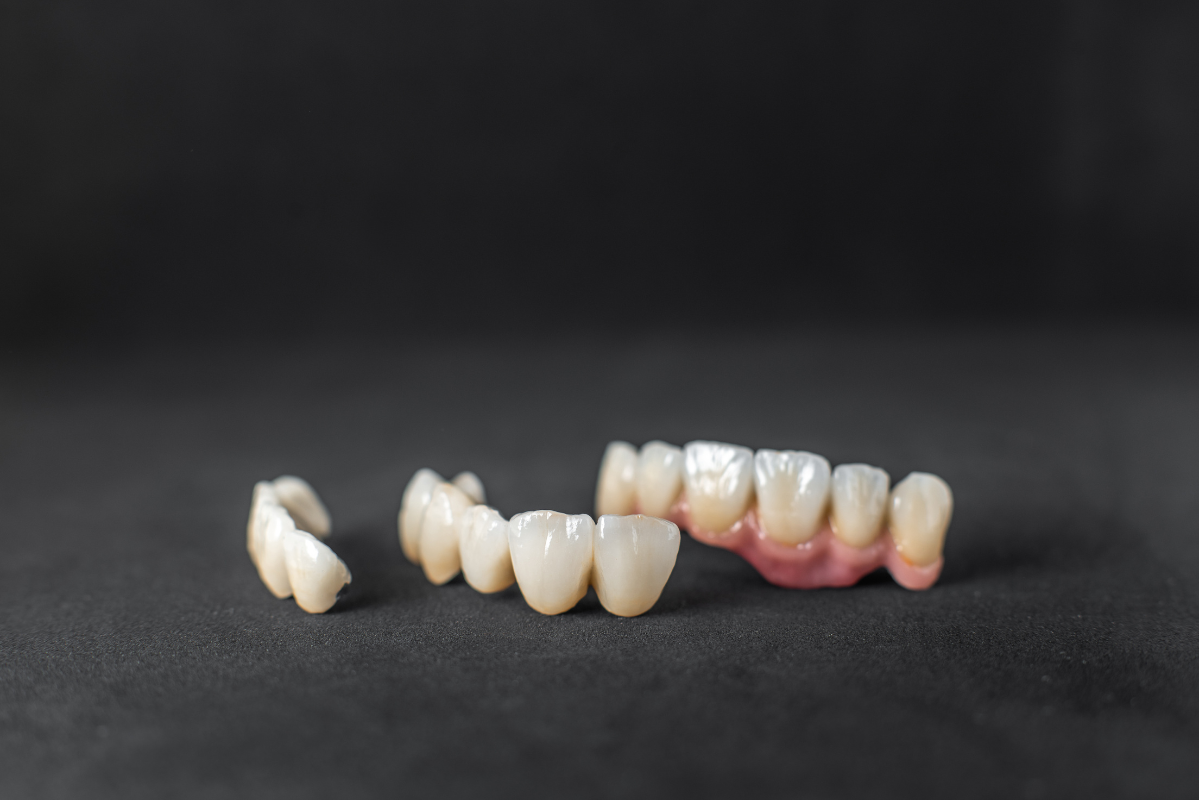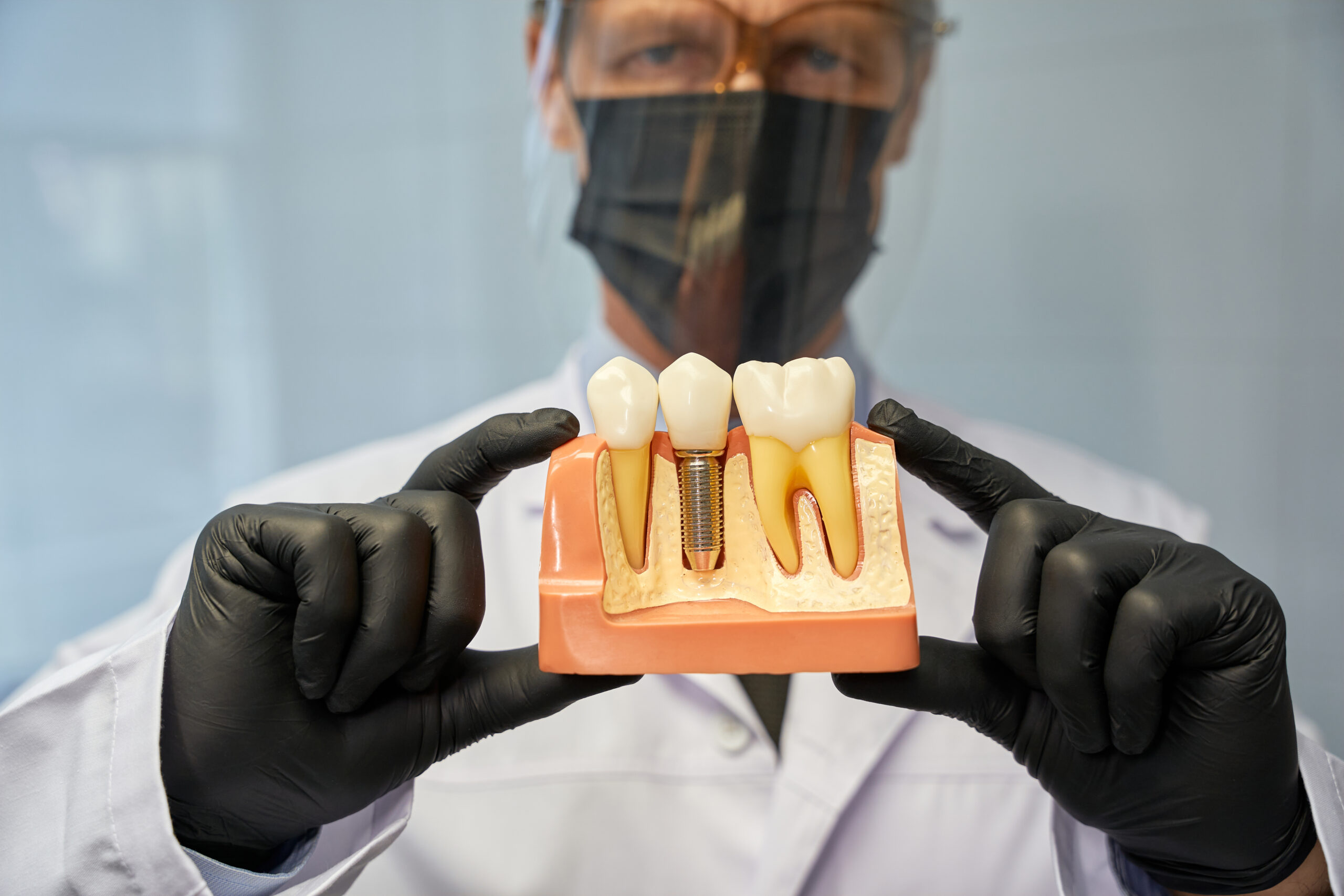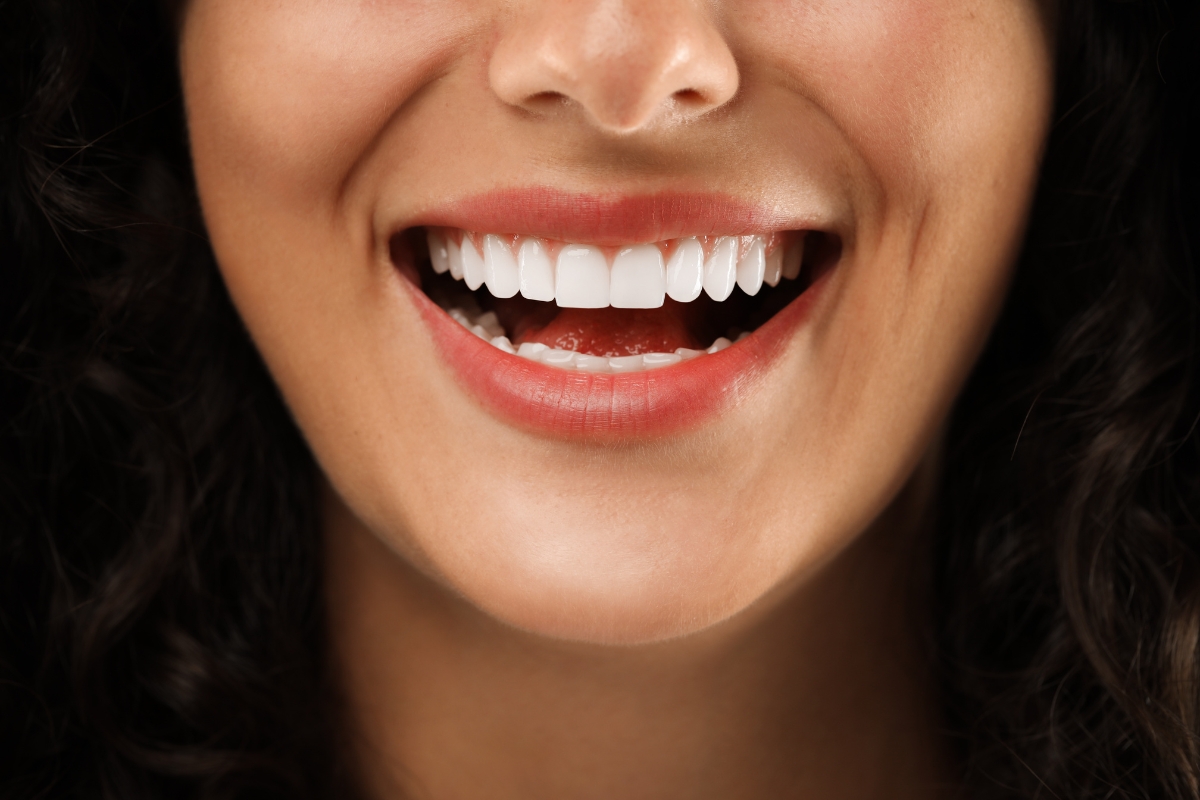
The Pros And Cons Of Brushing Teeth With Salt
May 6, 2024
Toothbrush
People often explore alternative methods to maintain healthy teeth and gums. One such method of gaining attention is ‘Brushing teeth with salt’. This age-old practice has been hailed for its potential benefits, yet it also raises concerns about its impact on dental health. In this blog, we’ll discuss the pros and cons of salt toothpaste to find out its impact on your oral health. So, Before you start ignoring your fancy toothpaste and reach for the salt shaker, have a look at the dos and don’ts of this age-old technique.
Pros: Why Salt Might Be Appealing?
Salt, also known as sodium chloride, has been used for centuries for various purposes, including cleaning and preserving food. Here’s how some believe it might benefit your oral health:
- Natural Antiseptic: Salt possesses mild antiseptic properties, which some believe can help reduce bacteria in the mouth. It helps in combating oral bacteria. It may inhibit the growth of bacteria responsible for dental plaque and cavities. Regular use of salt in oral hygiene routines can contribute to a healthier mouth.
- Potential Whitening Effect: Salt’s abrasive nature might help remove surface stains, leading to a slightly whiter appearance. By gently scrubbing away extrinsic stains caused by factors like coffee, tea, or smoking, salt can contribute to a brighter smile.
- Economical Option: Salt is readily available and significantly cheaper than most commercial toothpastes.
- Effective Plaque Removal: The abrasive nature of salt can aid in removing plaque and surface stains from teeth. Salt acts as a mild abrasive agent, assisting in the mechanical removal of debris and food particles. Incorporating salt into toothpaste or using it as a standalone ingredient can enhance plaque removal during brushing.
- Alleviates Bad Breath: Salt can help neutralize acidic conditions in the mouth, reducing the likelihood of bad breath. Rinsing with salt water or brushing with salt-based toothpaste can freshen your breath by eliminating odor-causing bacteria. The cleansing properties of salt promote a cleaner oral environment, reducing the risk of halitosis.
Cons: The Flip Side of the Salty Toothbrush
While salt might seem like a natural and inexpensive solution, there are some drawbacks to consider:
- Abrasiveness: Salt is a mild abrasive, and excessive use can damage tooth enamel, the hard outer layer protecting your teeth. This can lead to increased sensitivity and even tooth decay. Individuals with sensitive teeth should exercise caution when using salt for brushing.
- Limited Effectiveness: Salt might remove some surface stains, but it lacks essential ingredients found in toothpaste, such as fluoride, which helps prevent cavities and strengthens enamel. For individuals prioritizing dental hygiene with salt, it’s important to recognize its limitations.
- Taste Factor: Let’s face it, salt isn’t exactly known for its pleasant taste. Brushing with just salt can be quite unpleasant, especially for those with sensitive teeth. The strong, salty flavor may deter individuals from maintaining a consistent oral hygiene routine, leading to inadequate brushing frequency. Moreover, the abrasive texture of salt particles can feel gritty and uncomfortable in the mouth, further diminishing the appeal of salt-based brushing.
While salt can be combined with other ingredients to create more palatable toothpaste formulations, such as adding mint for a refreshing flavor, its inherent taste remains a notable drawback for some users. As taste preferences vary among individuals, finding a salt toothpaste that strikes the right balance between effectiveness and flavor may require experimentation.
- Unsuitable for Sensitive Teeth: If you have sensitive teeth, the abrasiveness of salt can exacerbate discomfort. Consider sticking to a toothpaste formulated for sensitive teeth, which typically contains ingredients designed to minimize irritation and provide relief from sensitivity. These specialized toothpastes often contain potassium nitrate or strontium chloride, which help block pain signals from reaching the nerves in the teeth.
- Not a Replacement for Proper Oral Hygiene: Brushing with salt does not replace good brushing and flossing habits. It’s essential to maintain a comprehensive oral hygiene routine for optimal dental health. While salt can serve as a supplementary method to promote oral cleanliness, it should not be viewed as a standalone solution.
Unveiling the Truth: Salt or Science?
So, can salt be the ultimate remedy for a dreamy smile? Unfortunately, the answer is a resounding ‘no’. While salt might offer some minor benefits like mild stain removal, its drawbacks outweigh the advantages. Here’s why science reigns supreme when it comes to oral health:
- Fluoride: The real MVP of toothpaste is fluoride. This mineral strengthens tooth enamel and helps prevent cavities, the leading cause of tooth decay.
- Gentle Abrasives: Modern toothpaste contains gentle abrasives that effectively remove plaque and surface stains without harming your enamel.
- Additional Benefits: Many toothpastes offer additional benefits like tartar control, breath freshening, and sensitivity relief, promoting overall oral health.
Salty Smiles vs. Scientific Solutions
While the allure of a natural and economical solution might be tempting, salt falls short when it comes to effective and safe oral hygiene. Modern toothpaste formulations, with ingredients like fluoride and gentle abrasives, offer a much more comprehensive and science-backed approach to maintaining healthy teeth and gums.
In conclusion, Brushing teeth with salt presents both benefits and risks for oral health. While salt offers natural antimicrobial properties and effective plaque removal, its abrasive nature and limited fluoride content warrant careful consideration. To maximize the benefits of salt brushing while minimizing risks, individuals should practice moderation, dilution, and supplementation with fluoride when necessary. Remember, when it comes to your oral health, there’s no substitute for tried-and-true methods backed by science! Consulting with a dentist can provide personalized guidance on incorporating salt into an effective oral hygiene regimen. Ultimately, striking a balance between natural remedies and conventional dental care.
More Blog Posts

Caring for Your Dental Crowns: Do’s and Don’ts

Types of Dental Crowns: How to Choose the Best One for Your Smile

How Long Do Dental Crowns Last and What Affects Their Lifespan?

Correcting Tooth Gaps: Using Dental Veneers to Fix Diastema Without Braces in Matthews


